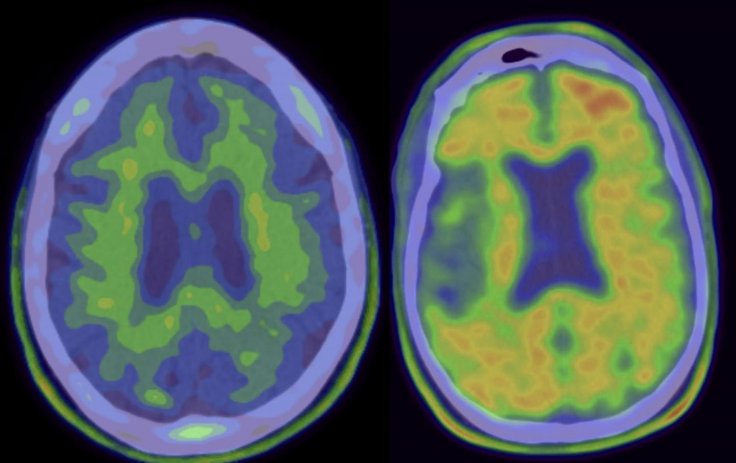
A new study conducted by researchers at the University College London has hinted that a particular brain protein thought to cause Alzheimer's disease could be passed to patients through contaminated surgical tools. The study report published on Acta Neuropathologica suggests that eight young adults who developed cerebral amyloid angiopathy may have been infected with amyloid proteins via dirty medical instruments during brain surgeries conducted in their young days.
Even though the number of identified cases is so small, it may prompt a rethink in the way in which surgical tools are sterilized and used in the future.
Interestingly, none of these eight people had a genetic disposition to CAA, and it has compelled researchers to believe that surgeries carried out in their younger might have carried amyloid proteins into their brains. These sticky proteins are known for triggering CAA and Alzheimer's among people.
According to the research team led by Sebastian Brandner, a professor of neuropathology at University City London, medical instruments previously used on Alzheimer's patients might have later been used on these young adults during surgical procedures. If the tools are not thoroughly cleaned, the amyloid proteins from the Alzheimer's patients could easily get transferred to other patients if operated with the same tools, they noted.
"Brain surgery is so far the most likely cause. In theory, other routes are thinkable, but we have no evidence," Brandner told Newsweek.
Brandner also added that there are no other risk factors to explain such an early onset of CAA among these individuals who are under the age of 60. The researcher made it clear that the possibility of spreading Alzheimer's through contaminated medical tools is quite high, as CAA is now transferred between patients.
This is not the first time that scientists have suggested the transfer of brain proteins from patients to patients via surgical procedures. In 2015, another research led by Brander has suggested that fragments of sticky amyloid proteins tend to pass from one person to another through dirty medical tools used for surgery.









